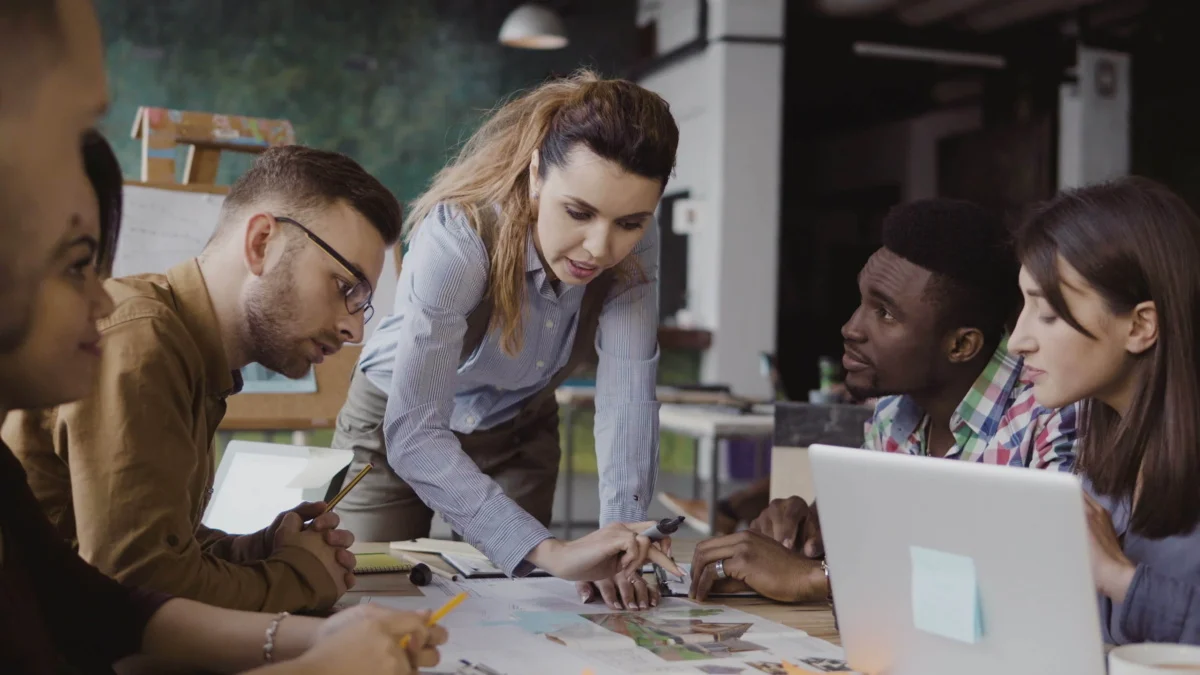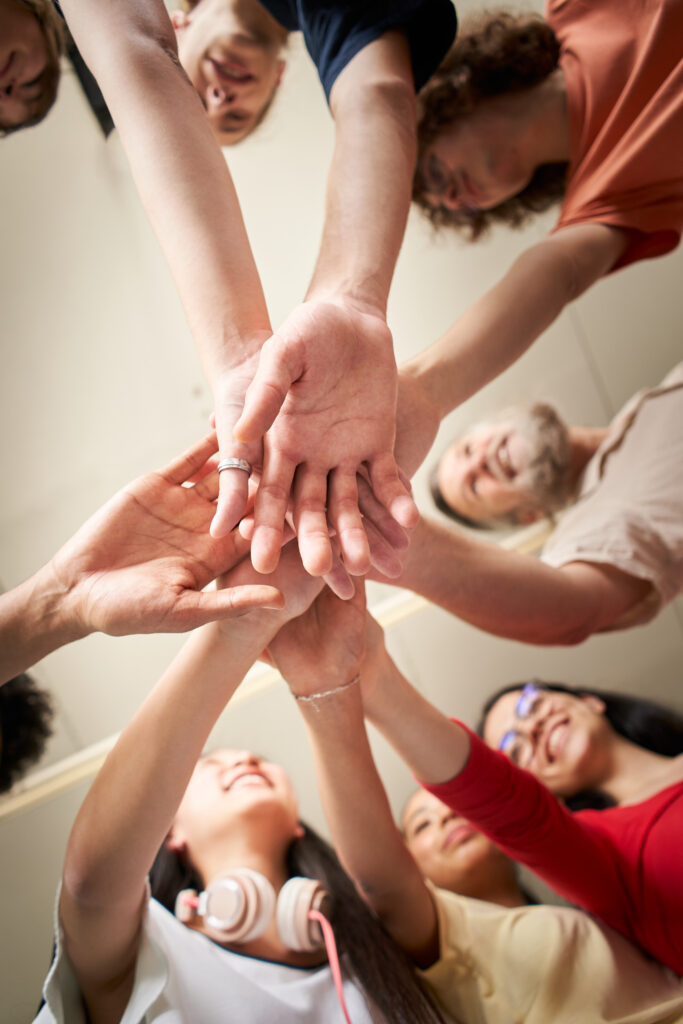


My Attitude is Based on….

I came across a quote in Facebook which went something like this: “My attitude is based on how you treat me.”
To me, what this person is saying is “I am not in control of my attitude. You dictate what my attitude will be.” If I were the other person, I would think “Wow! What a powerful place I would be coming from!” 😆
As we grow through life, we will encounter many people like this. People who consistently blame others (or things or circumstances) for their experiences, that is, for how they will think, feel, and behave. They are not wrong, and they are not right. They are just missing out for themselves on many important opportunities to learn.
Do these sound familiar?
“It’s raining so I’m too lazy to go out.”
“The tone of his voice made me so mad. How dare he raise his voice at me!”
“Her remark made me feel uncomfortable.”
“I can’t go. I don’t have time.”
“If you scratch my back, I’ll scratch yours.”
“If I speak up, they might get angry.”
I am not saying that all these things should not affect us in one way or another. What I am saying is that we always have choice about how we would like to respond to any of these. The cool rain, raised voices, remarks made, time, the behavior of others… all these are external to us. These are all external stimuli and, to varying degrees, are outside of our direct control.
What is in our control is what goes on within us — our internal behavior, feelings, and thoughts.
If we remove ourselves from the picture and pretend we are another person looking at our ‘self’ in the picture, what would we see? We would just see someone on her bed with rain pattering out her window. We would see two people, one probably with an open mouth and knit eyebrows looking angry. We would see someone looking uncomfortable, or someone frazzled or fearful or depressed.
If we put ourselves outside of these circumstances, and look at them from that angle, less in the experience and more as an independent observer, what would we see, and hear, and feel?
This is not to say that lazing around or sulking or feeling depressed or frustrated are wrong. They are not. What we are saying is you have choice. Always. Given the circumstances we are in, what would we like?
In Transformational NLP, we regard all experience as valuable and worthy of respect. We have experiences. In every moment. And so, we would always consider what would be most useful for us in the moment.
If it is useful to laze around – maybe because you slept late the previous night, then by all means, take care of your body and put off going out for another time. Realize that you are lazing around to take care of your body instead of blaming it on the weather. Realize that it’s a choice. In doing so, you tend to be more honest with yourself and learn more about yourself as well!
If another person raised their voice, it may be useful to raise your voice as well to remind the other person to bring their voice down. Realize that it’s ok for you to be angry in the moment and that you would prefer to keep your respect for yourself and the other person. Realize that it’s a choice. Acknowledge what is happening and decide on how you would like to behave.
Saying we have no time (when you really do) may be a useful scapegoat for not wanting to be in the presence of some people and we don’t want to hurt their feelings. But realize that you are doing so to protect yourself, and that lying, though, may hurt your integrity. Realize that it’s a choice. And there are consequences to our choices.
Saying that we will only do things if we get something in return is useful to survive perhaps. But in what circumstances would it also be useful to give without expecting anything in return?
Not speaking up because of fear of what others may say is useful to keep the peace – ours, theirs, the circumstance. Are we ok with the consequences of not speaking up? Yes, no? It’s a choice. What may we learn?
All these are useful behavior because all behavior is useful in some context.
And so in each moment, the question always is: what would we like? If we want different experiences, it is up to us to choose the experiences that we would like.
People who consistently blame other people (or things or circumstances) for their experiences are not wrong or right. Learning from their own experiences will just take more time, and therefore more time as well to grow. It just is.
Experiences: we either celebrate them, or we learn from them. Let us realize that we are the creator of our experiences. The degree to which we are accountable for our experiences is the degree to which we can create our lives.



LATEST BLOGS






